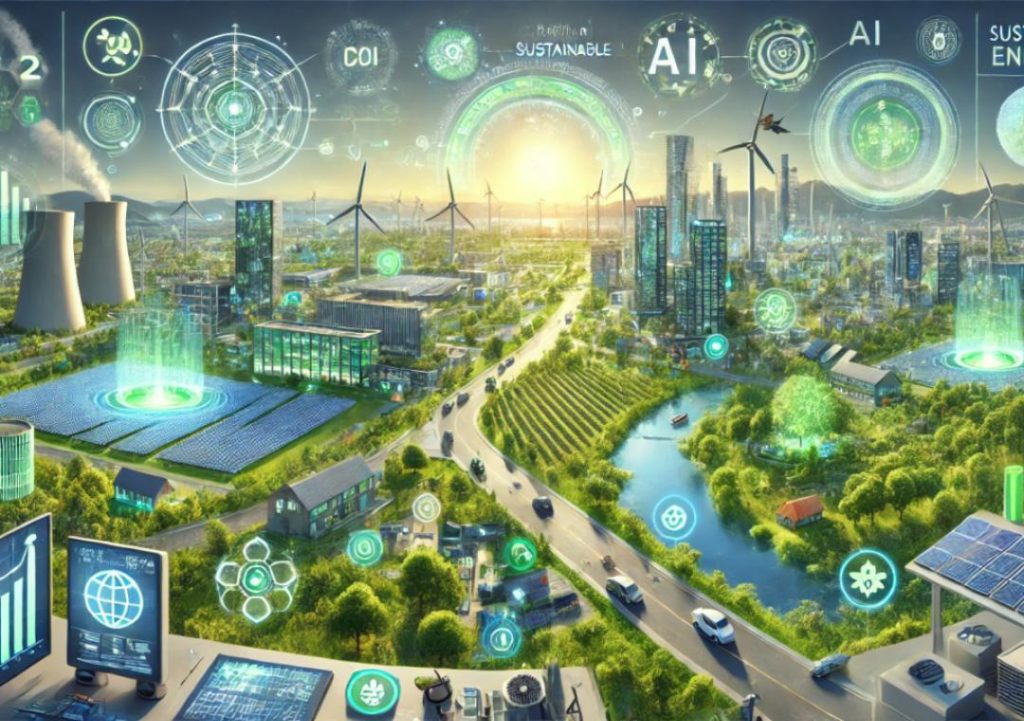
Startups Drive AI, Green Products, and Fintech Disruption
In recent years, the startup ecosystem has been abuzz with innovative ideas that are transforming industries and revolutionizing the way we live and work. From AI automation to eco-friendly products and fintech disruption, emerging companies are leading the charge in creating a more efficient, sustainable, and accessible future. In this blog post, we’ll explore the ways in which startups are driving these trends and what it means for the future of business and society.
AI Automation: The Future of Work
Artificial intelligence (AI) has been a dominant force in the startup world, with companies like Automation Anywhere, UiPath, and Robotic Process Automation (RPA) leading the charge. These startups are developing smart tools that can automate manual labor, freeing up human workers to focus on higher-value tasks. According to a report by MarketsandMarkets, the global AI market is expected to grow from $12.3 billion in 2020 to $190.6 billion by 2025, at a Compound Annual Growth Rate (CAGR) of 43.8%.
One example of a startup that is leveraging AI to automate manual labor is Automation Anywhere, which has developed a platform that can automate repetitive tasks such as data entry, bookkeeping, and customer service. The company has already seen significant success, with clients such as IBM, Coca-Cola, and Intel using its platform to improve efficiency and reduce costs.
Eco-Friendly Products: The Future of Sustainability
Another trend that is gaining momentum is the development of eco-friendly products and services. Startups like EcoClean, GreenCycle, and TerraCycle are creating innovative solutions that reduce waste, promote recycling, and minimize environmental impact. According to a report by Grand View Research, the global eco-friendly products market is expected to reach $1.5 trillion by 2025, growing at a CAGR of 10.2%.
One example of a startup that is leading the charge in eco-friendly products is EcoClean, which has developed a platform that enables consumers to recycle plastic bottles and cans. The company has partnered with major brands such as PepsiCo and Coca-Cola to create a closed-loop recycling system that reduces waste and promotes sustainability.
Fintech Disruption: The Future of Finance
Fintech, or financial technology, is another area where startups are driving innovation and disruption. Companies like Stripe, Square, and PayPal are creating decentralized financial models that make it easier for people to access financial services. According to a report by KPMG, the global fintech market is expected to reach $305 billion by 2023, growing at a CAGR of 25.8%.
One example of a startup that is leading the charge in fintech is Stripe, which has developed a payment platform that enables businesses to accept online payments. The company has partnered with major brands such as Facebook and Google to create a seamless payment experience for consumers.
Scaling Profitably
While these trends are exciting and innovative, they also present significant challenges for startups. Scaling a business profitably requires a deep understanding of the market, a strong team, and a clear vision for growth. According to a report by CB Insights, the top reasons why startups fail include running out of cash, failing to find product-market fit, and not having a strong team.
To succeed, startups need to focus on building a strong foundation, including a clear business model, a talented team, and a robust financial plan. They also need to stay agile and adaptable, constantly innovating and iterating to stay ahead of the competition.
Conclusion
Emerging startups are driving trends like AI automation, eco-friendly products, and fintech disruption, replacing manual labor with smart tools, promoting sustainable alternatives, and making finance accessible through decentralized models—all while scaling profitably. These trends have the potential to transform industries and revolutionize the way we live and work, but they also present significant challenges for startups. To succeed, startups need to focus on building a strong foundation, staying agile and adaptable, and constantly innovating and iterating. As the startup ecosystem continues to evolve, it will be exciting to see how these trends shape the future of business and society.
Source:






